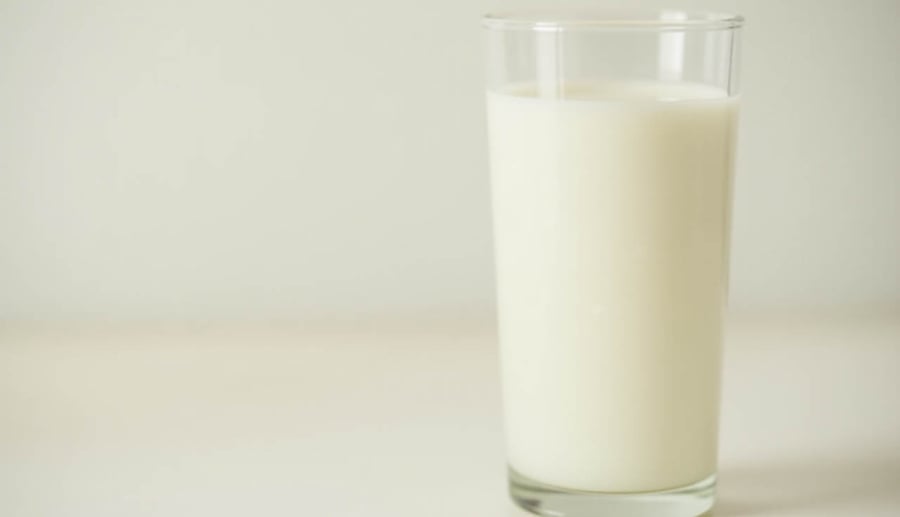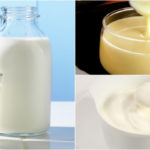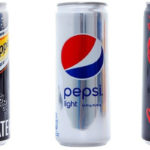The link between certain beverages and an increased risk of Alzheimer’s disease is no longer a stranger in recent brain health studies. Many seemingly harmless drinks can silently impact cognitive function if consumed over an extended period. Here are three common beverages that experts warn may increase the risk of Alzheimer’s disease if not controlled in daily intake.
1. Sugary Coffee – A Beverage Linked to Increased Risk of Alzheimer’s
With its creamy, sweet flavor, a morning cup of coffee or an afternoon “pick-me-up” has long been a small reward for many to start their day or recharge. However, few realize the potential brain health hazard lurking behind the appealing taste.
According to experts, a cup of pre-mixed coffee or coffee with syrup, cream, or condensed milk can contain up to 60 grams of sugar. This amount is double the daily sugar intake limit recommended by the World Health Organization (WHO). Consuming such high levels of sugar causes a spike in insulin levels in the body, and if this occurs regularly, it can lead to insulin resistance, especially in the brain.

Coffee with milk and excessive sugar can increase the risk of memory loss.
Neurologist Robert Love explains that insulin plays a crucial role in helping the brain process glucose, the primary energy source for nerve cells. When the brain becomes insulin resistant, the ability of nerve cells to absorb and utilize energy decreases. Over time, this silent “energy starvation” weakens and kills brain cells, contributing to memory loss and cognitive decline. Hence, sugary coffee is considered a beverage that increases the risk of Alzheimer’s disease.
2. Diet Soda
You may be surprised to learn that diet soda or carbonated soft drinks sweetened with artificial sweeteners are among the beverages linked to an increased risk of memory loss. Diet soda has long been regarded as a healthier choice for those mindful of their weight and blood sugar levels. With the slogan “no sugar, no calories,” this drink is often marketed as a safe alternative to regular soda.
However, healthcare professionals are now warning about the serious health risks associated with daily diet soda consumption. A study found that individuals who drank at least one can of diet soda daily had nearly three times the risk of stroke and memory decline (including Alzheimer’s disease) compared to non-consumers or occasional consumers.
Neurologist Robert Love emphasizes that common artificial sweeteners like aspartame and sucralose can disrupt brain function and negatively impact insulin sensitivity. Over time, this contributes to inflammation in the brain, a factor closely associated with the development of Alzheimer’s disease and other neurodegenerative disorders.
3. Skim Milk and the Potential Risk of Cognitive Decline
Skim milk has long been considered a heart-healthy option, suitable for those concerned about cholesterol and calorie intake. However, nutrition and neurology experts caution that this type of milk may not be as beneficial for brain health as once thought.
According to Robert Love, when fat is removed from milk, fat-soluble vitamins like A, D, E, and K are significantly reduced. These nutrients are essential for protecting and maintaining brain function. In particular, a deficiency in vitamin D has been linked to an increased risk of Alzheimer’s disease and cognitive impairment.

Skim milk, devoid of essential brain vitamins, is among the beverages linked to an increased risk of Alzheimer’s disease.
Additionally, some studies suggest that the processing of skim milk may increase levels of IGF-1 (insulin-like growth factor 1), a growth factor that can negatively impact the recovery of nerve cells.
Given these potential risks, experts advise consumers to reconsider their choice of skim milk, especially if consumed regularly. Opting for whole milk with moderate fat content and naturally occurring vitamins may be a more balanced option for both cardiovascular and brain health.
To safeguard brain health and reduce the risk of Alzheimer’s disease, consumers are advised to limit their long-term intake of diet soda, sugary coffee, and skim milk. Instead, prioritize natural, minimally processed beverage choices that provide essential nutrients for optimal brain function.




































